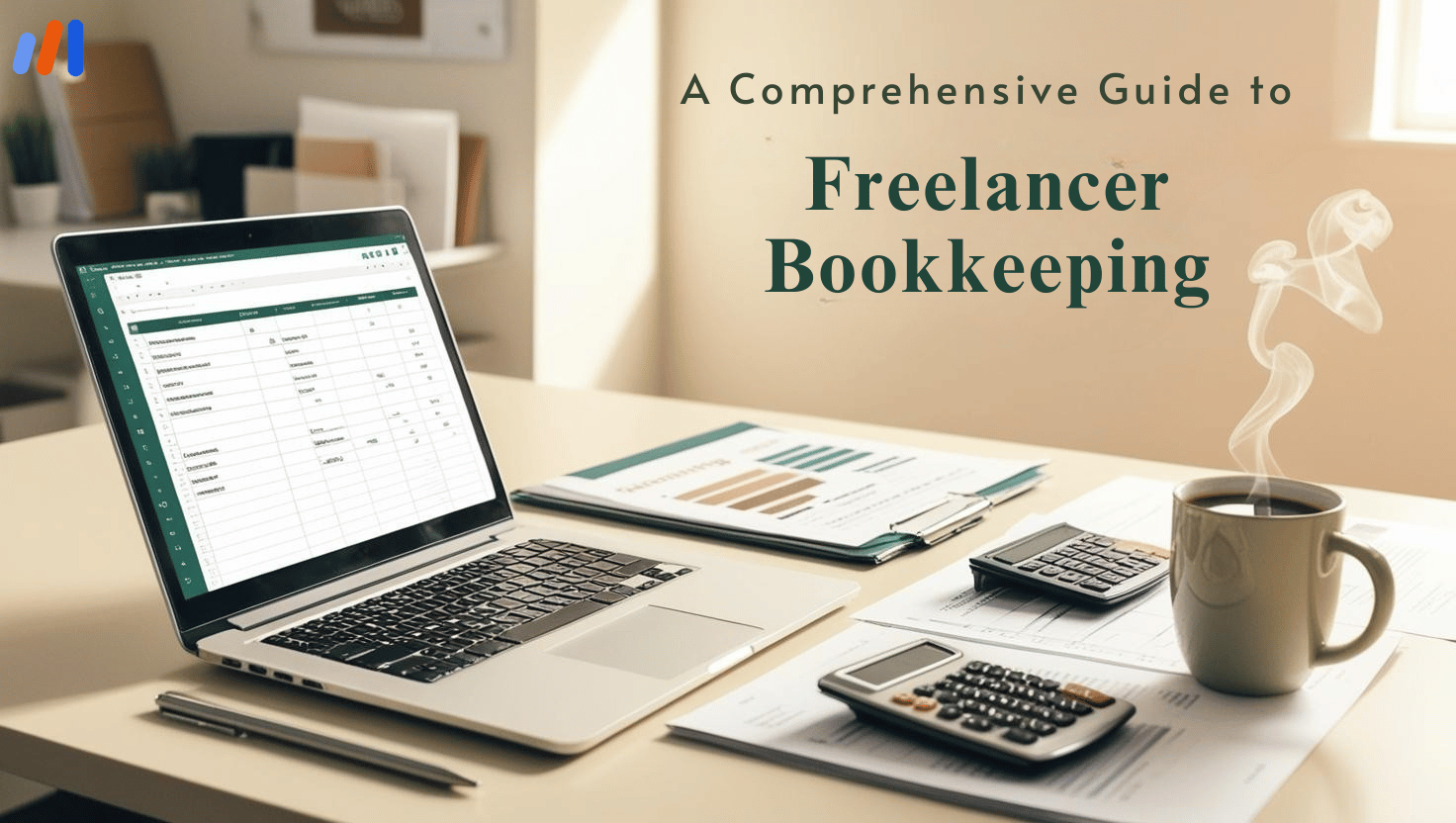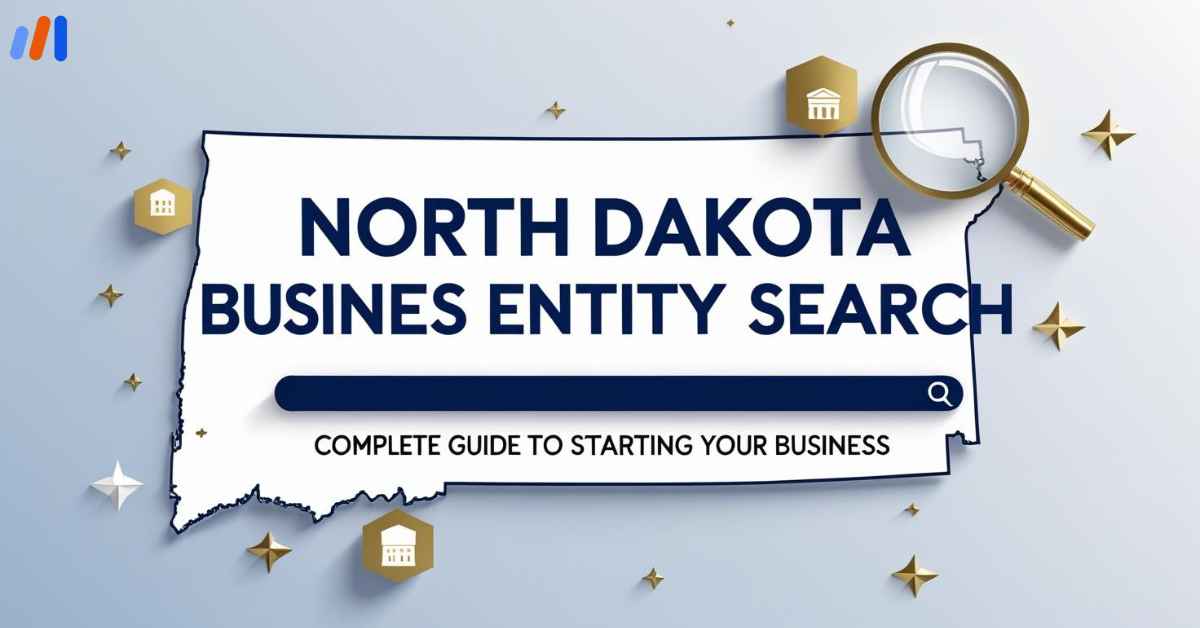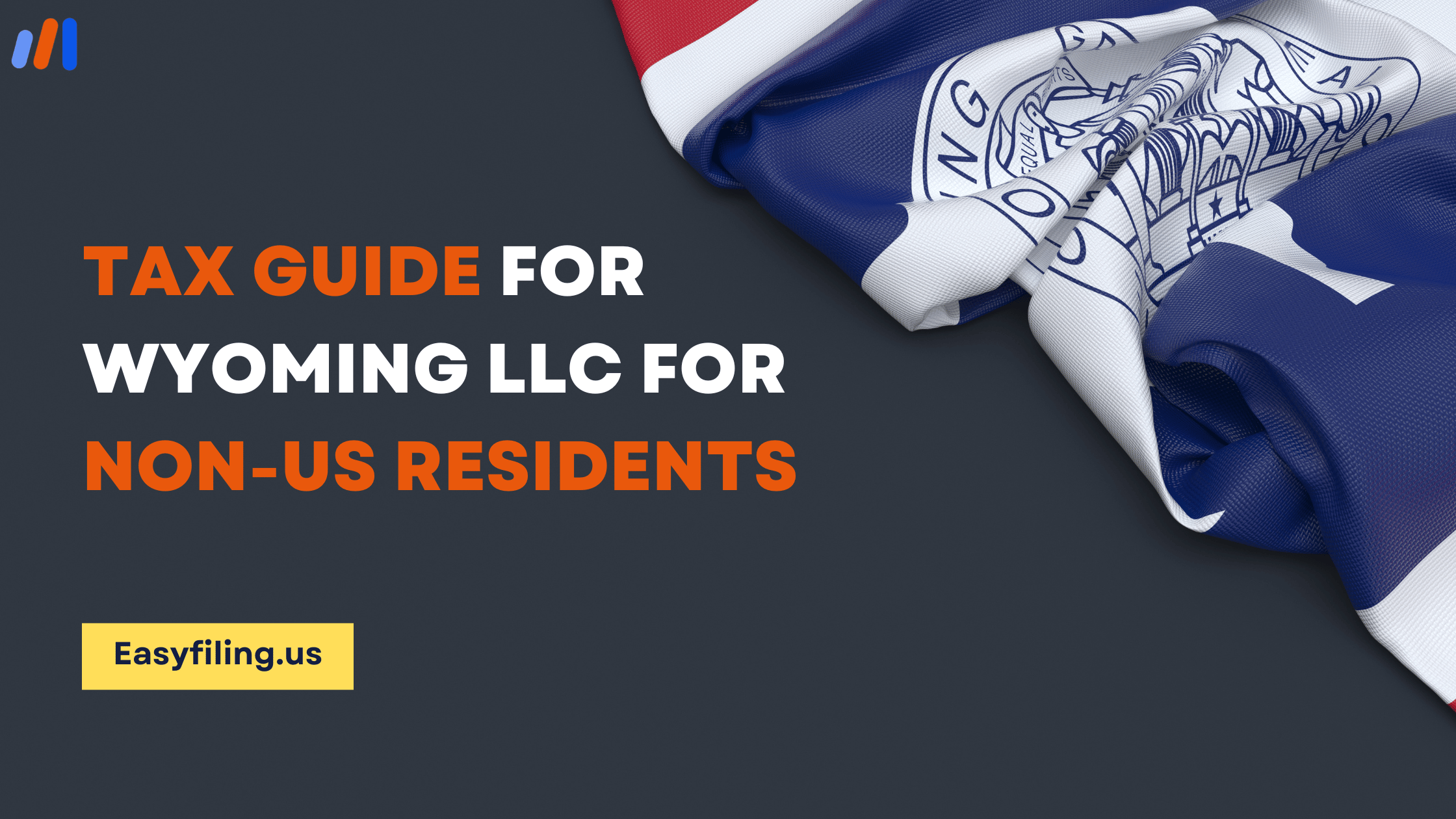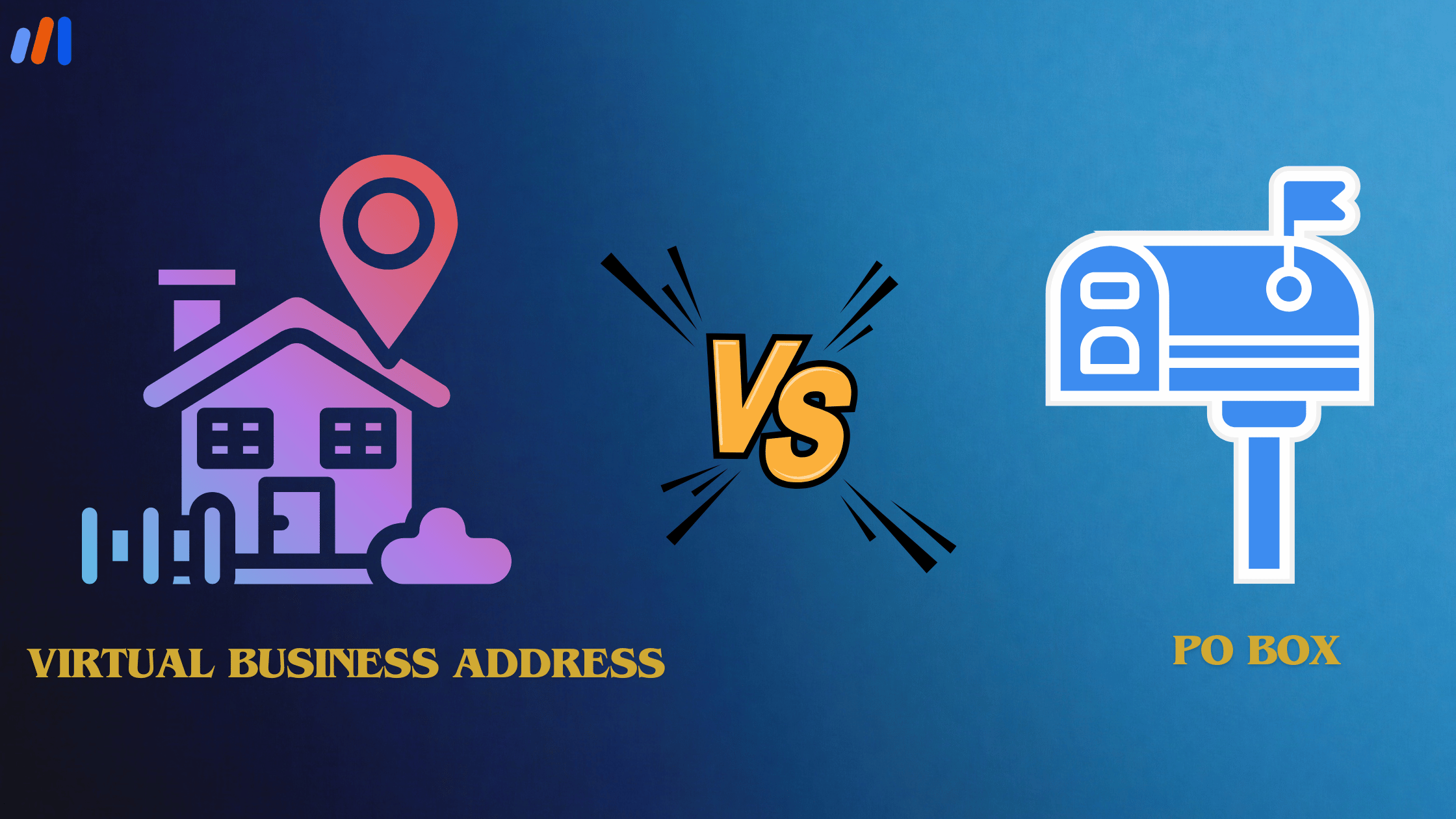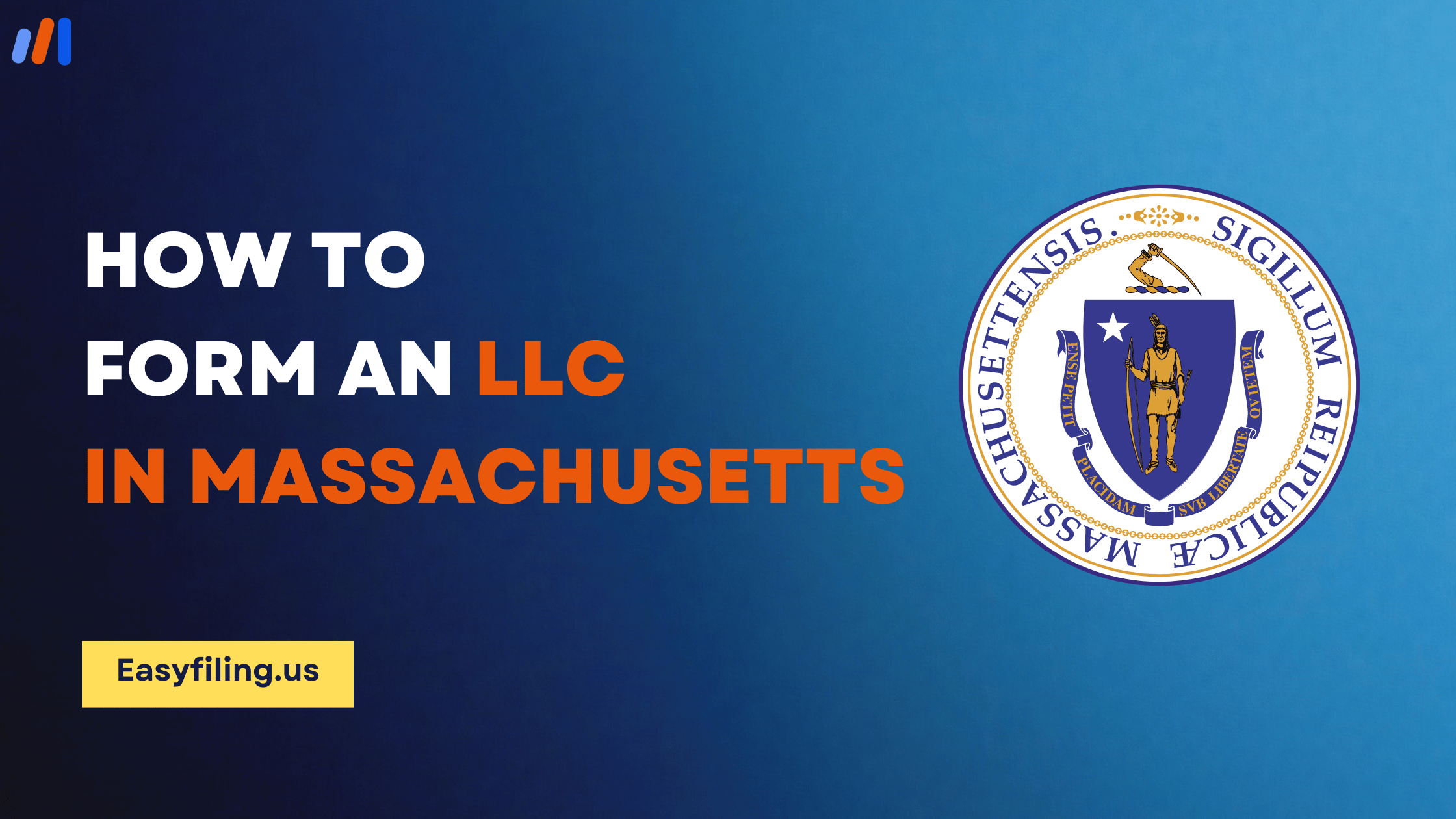It is vital to set up your business the right way as a real estate investor, this will enable you to protect your assets, limit liability, and maximize tax advantages.
Investors in the real estate industry usually find Limited Liability Companies (LLC) suitable, as they provide the desired level of ease of use, protection, and combination of requirements that the investors want. However, not all LLCs are created equal.
Here, we will analyze the various types of LLCs for real estate investors and see which is the most suitable one when it comes to real estate investments.
Benefits of LLCs for Real Estate Investors
What makes this specific type of structure more favorable than the others? Well, real estate investors prefer Limited Liability Companies because of the following reasons:
✅ Liability Protection: LLCs will be able to protect what is lying outside of the business for example in a lawsuit, plead of debt also all liability arising through investing in said company.
✅ Tax Benefits: LLCs will benefit owners through a single source taxation as opposed to corporations which could be taxed twice at times of payment and shareholder distribution.
✅ Flexibility: LLC structures allow a higher level of variability in the management structures as well as the enablement of profit-sharing differential.
✅ Credibility: It gives a company or an individual the ownership look when they are going to lenders, tenants, or partners.
✅ Privacy: In some states, LLCs serve as identifiers in which ownership cannot be divulged.
What Are the Most Common Types of LLCs For Real Estate Investors
Some of the most popular amendments of LLC for investors in real estate are discussed in detail below to enable you to choose wisely:
Single Member LLC
A single-member LLC (SMLLC) can be defined as the type of LLC where a single person owns a single real estate company and operates alone with all the profits and with all the head of control. This is the simplest form of property investment demands the least amount of paperwork and demands only a single tax return.
✅ Liability Protection: In the unfortunate event that the company goes belly up, the investor’s assets such as homes and savings will not be affected which is true in the case of all SLMLLCs as well.
✅ Simplified Tax Filing: In a single-member LLC, the profits made from the company are filed in the Schedule C form of the owner’s tax return making things easier. Along with that, it also advocates for pass-through taxation which eliminates the double taxation system.
✅ Potential Audit Risks: Due to the high-frequency changing of ownership of the SLMLLC or the high volume creation of transactions, the IRS has strict policies sitting overhead to monitor if abuse occurs in tax deductions and tax reporting.
✅ Limited Flexibility for Partnerships: This is a big flaw as it is designed as a single-member structure. This lack of room forces the Partnership out unless a contraction is made on the Multi-member liability accounts.
Multi-Member LLC
A Multi-Member LLC is great for a partner who wants to come together with other real estate investors so that they can come together and purchase and manage properties. This will enable investors to share management, resources, and profits while limiting their liability to the amount each member invested.
✅ Shared Liability and Risk: The members of the LLC have limited liability to what they have already invested which prevents them from losing their personal assets in case the business gets sued or incurs debts.
✅ Operating Agreement Importance: In a Multi-Member LLC, it is crucial for an operating agreement to be in place as it explains what each member will do or will not do as well as how to resolve disputes, profit sharing, and responsibilities.
✅ Flexibility in Profit Distribution: A Multi-Member LLC is not required to do it which means he or she can allocate profits or losses the way he or she wants. That is how potent a multi-member LLC is because it can be structured however its owners want.
Series LLC
Investment with multiple properties in the USA is made easier by the Series LLC as it is simply a single company as the master LLC with sections concerning each property as it only costs $100 to set up one in the USA.
✅ Separate Liabilities for Each Property: One of the primary advantages of a Series LLC is the possibility of margin separation. For example, if one property is exposed to any suit, other properties housed within the same Series LLC are safe from such exposure.
✅ Cost-Effective: Investors are able to form a series for a specific LLC saving on formation and administrative costs instead of forming separate LLCs for every property.
✅ State-Specific Legislation: Another disturbing factor must be said from the foregoing, Series LLCs are not offered in all the states; thus this greatly affects the other businesses of the investors, since some states must be sure this structure exists in their state.
Anonymous LLC
An Anonymous LLC is specifically advantageous for investors who do not wish for their details to be exposed which might be a hindrance in investment aiming for other possessions or attractions that may be unwanted.
✅ Privacy and Protection: If they desire, investors using such states as Wyoming, Nevada, or Delaware can create an LLC that does not record their details on file. This is advantageous in that they will not be contacted for unwanted business proposals or be involved in legal cases that are also unnecessary.
✅ Registered Agent Requirement: Investors have to use a registered agent to hide their identity, a registered agent serves to be one.
✅ Same Benefits as a Standard LLC: An Anonymous LLC gives a liability cover and tax benefits equal to any other LLC structure, which makes it more private to investors looking out for privacy.
Family LLC
A Family LLC is in place for those families that would want to invest in real estate together. This allows for easy management and control of real estate properties in a family along with certain advantages with respect to asset protection and also with respect to taking care of the estate.
✅ Estate Tax Minimization: A Family LLC can be used to reduce the various estate taxes because family members may gift LLC interests to the heirs and not be liable to pay huge taxes. This can be an effective method of transferring real estate to generations to come.
✅ Succession Planning: The operating agreement for Family LLC should contain directions on the succession plan and details on how the entire ownership and management responsibilities will change from one generation to another.
✅ Limited Liability: Just like the case with other types of LLC, in question of Family LLC also family members are provided with limited liability and their personal assets may not be lost due to the litigation and other liabilities resulting from real estate business activities.
Step-by-Step Guide to Forming an LLC for Real Estate Investing Success
Here is a comprehensive step-by-step set of instructions for creating an LLC regarding real estate investments:
1. Choose a Business Name
✅ Name Requirements: The name of the LLC should not be in any way similar or same to any of the existing names of incorporated companies in a given state. In essence, the phrase “Limited Liability Company” or any abbreviation used heretofore is to be included. This includes “LLC and L.L.C”
✅ Check for Name Availability: You can check the availability of your desired name by searching your state’s business name database, which is usually available on the Secretary of State’s website.
✅ Consider Branding: Come up with a name that represents your real estate company and is memorable for potential clients and partners. This helps in building your branding.
2. Designate a Registered Agent
Registered Agent means a person or even a business entity who is designated to receive legal, government notices, and tax notices on behalf of an LLC.
In regard to the particular role, a registered agent could be an employee or a commercial agency that carries out specific functions and tasks.
If you have a physical location in the state where your LLC is registered, then you can function as your own Registered Agent, however, most people would rather employ third-party Registered Agent services for privacy and convenience reasons.
3. File the Articles of Organization
This is the legal document that forms your LLC and it is submitted to the Secretary of State ( or a similar body in your state).
Required Details:
- The desired name of the LLC
- The main location of the operation
- The registered agent’s information
- This document describes the goals or objectives that the LLC will pursue usually made up of “to engage in investments related to real estate”.
- Details of members or managers of the LLC (who will be holding the management responsibility of the LLC including if the business is member-managed or manager-managed LLC)
Fee of Filing: Depending on the US state, the filing fee may be between $50 to $500 generally.
4. Create an Operating Agreement
In the majority of states, an Operating Agreement is highly unnecessary. It specifies who will manage the business, who owns how much of it, how profits will be shared, and even how the business will be run.
This agreement is mainly crucial in the case where there is a multi-member LLC in place in order to avoid disagreements between the owners of an entrepreneur and to define distinct roles and responsibilities to the owners.
5. Obtain an Employer Identification Number (EIN)
Opening a business bank account and hiring employees can be accomplished only if you apply for EIN. This number is also known as the Federal Tax Identification Number.
Even if you do not want to recruit employees, the IRS recommends. The IRS website has a lot of helpful resources that you can use for free while applying for EIN.
6. Open a Business Bank Account
For the reason of preventing business assets and accounting practices from getting muddled up, it is fundamental to have a separation between personal contributions and company investments by establishing a business bank account, whose tax ID is your LLC’s EIN.
Required Documents: There are a couple of documents that you should expect to show: Articles of Organization, a letter validating your business address, your Operating Agreement, and of course your EIN.
For the proper safety of the company’s liability, it is significant to ensure that the finances of the business and personal finances are not combined.
7. Register for State and Local Taxes
According to your state and place of work, you may also be required to pay tax deductions on property, tax on sales, and even employment tax.
You will probably need to apply for a business license in your state as well, based on the real estate business models and the area you are situated in.
8. Comply with Real Estate Licensing Requirements
Some states may require that the members or managers of an LLC engaged in real estate investment hold certain licenses like that of a real estate broker or a property management certification.
If the plan includes running a business in several states, look into the kinds of licenses in each state where you plan to take business.
9. Understand Tax Implications
Tax Classification Options: The default status for tax purposes of a single-member LLC is that of a disregarded entity whereas the default status of a multi-member LLC is that of a partnership. LLCs have options too and can file other requisite forms with the IRS to be treated as an S or C corporation for tax purposes.
Deductions: Deductions related to real estate can be claimed as business expenditures, depreciation, travel, or meals taken for business purposes.
10. Comply with Ongoing LLC Maintenance
✅ Annual Reports and Fees: In some states, LLCs are required to submit an annual report together with payment of a renewal fee. Call or email your state’s business filing office and keep track of any compliance requirements that may affect your business.
✅ Record Maintenance: Maintain complete records of every single LLC activity. All meetings, all money spent, financial transactions, and all property and other assets acquired shall be fully recorded. This should enable operations to run smoothly while maintaining liability protection.
✅ Franchise Taxes: Delaware and California are some of the states that also require the payment of an annual franchise tax by LLCs apart from the normal fees.
Conclusion
The ideal LLC structure for real estate investors usually varies based on one’s risk strategy, business plan, or investment horizon. For instance, if a single entrepreneur is financing the venture, it would be best to form a Single-Member LLC, and a Multi-Member LLC would be suited for partnership.
If on the other hand, an individual has multiple properties and is looking for more asset protection, a Series LLC would fit the bill. If privacy is a priority, consider an Anonymous LLC. In most cases, it helps advance the LLC formation process which allows them to manage an entire commercial real estate steeple successfully.
Easyfiling also offers assistance in forming the most appropriate LLC structure for your real estate investment. Easyfiling LLC services will guide you during each step of the formation so you won’t have to feel overwhelmed at any point and you will be secure when moving into the real estate sector of your choice.
Don’t wait any longer, Book a free consultation with Easyfiling today!
File Your LLC Today
25$ off with a coupon
Lock in EasyFiling's transparent rates and get lifetime compliance support at no extra cost.
Get Started Now



